How to Properly Care for Skin After Tattoo or Permanent Makeup Removal
Tattoos were once considered permanent, intended to last a lifetime.
However, thanks to rapid technological advancements, safe and effective removal is now possible.
Laser Removal – the most effective method to eliminate unwanted or low-quality images on the body. Experts assert that about 11 percent of people with body art remove one or more tattoos during their lifetime.
How It Works
Short bursts of laser light penetrate the skin and break down the design into small fragments. These fragmented pigment particles are then absorbed and eliminated from the body by the immune system.
The effectiveness of the procedure depends on the type of laser, which varies according to the color of the pigment, as well as the individual skin characteristics of the client.
Each session results in a minor burn that activates the immune system.
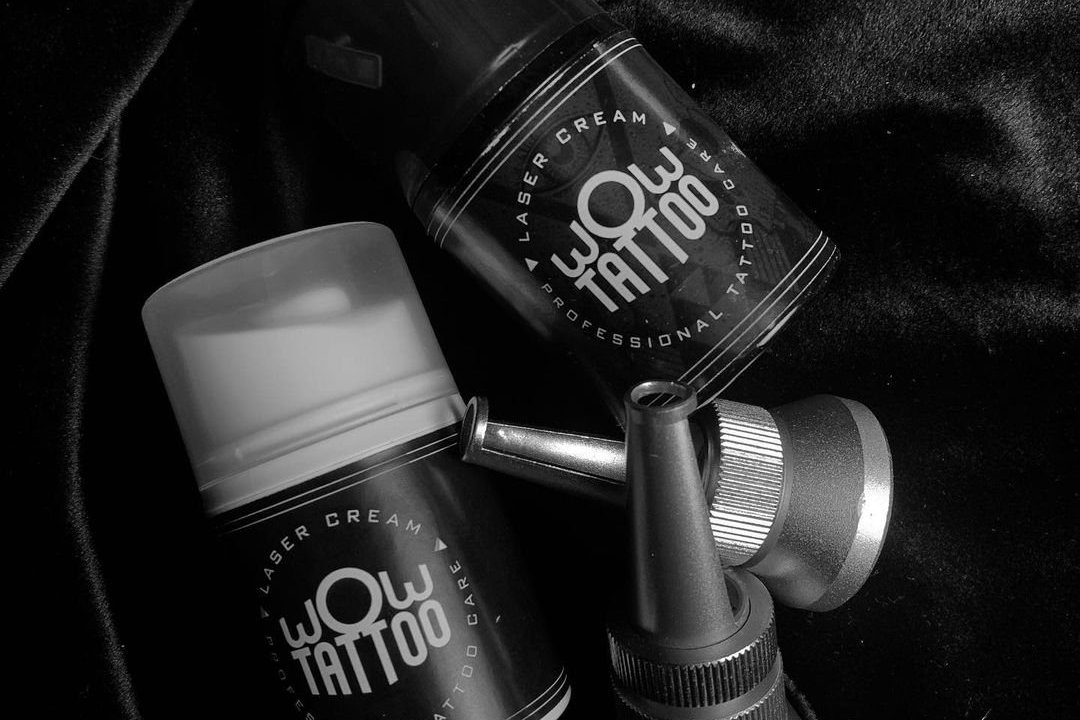
Care Features and Rules
The speed of recovery for affected skin areas directly depends on the effectiveness of the immune system.
If it functions well, it promotes wound healing and increases resistance to infections.
After tattoo removal, you may notice redness, swelling, moderate blistering, and itching. Initially, the skin will be very sensitive and tender, but these reactions should disappear within two weeks.
Instructions
General care guidelines for removed tattoo and permanent makeup:
- Treat the affected area with an antibacterial solution three times a day.
- Apply a thin layer of special ointment, recommended by your technician, twice a day.
- Avoid saunas, steam rooms, or tanning until fully healed.
- Do not scratch the affected area.
- Also, avoid wearing protective film for more than 3 hours.
Upon completion of the session, the technician should provide individual instructions.
If you notice signs of infection (severe redness, pus discharge, increased body temperature, etc.) – immediately consult your tattoo technician or a dermatologist.
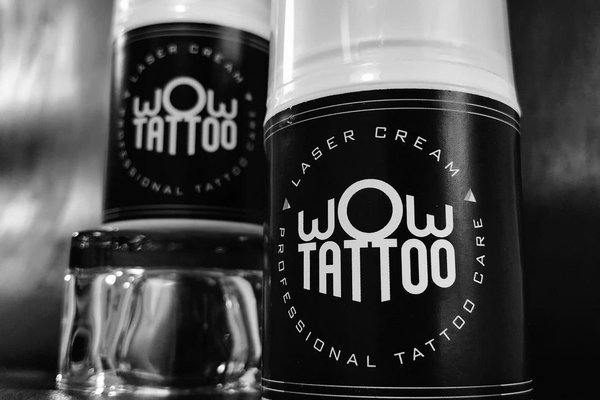
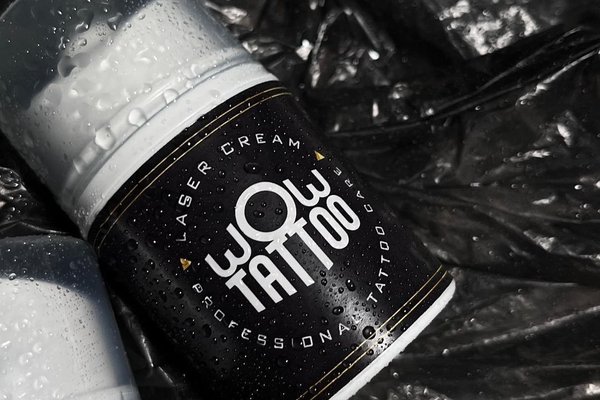
Do not touch scabs and blisters
The appearance of scabs and blisters in the area of a tattoo or permanent makeup undergoing removal is a normal and expected side effect.
There is a great temptation to damage them, especially when they itch. Avoid such actions at all costs. An open wound not only slows the healing process but also significantly increases the risk of infection. Refrain from shaving the area, which could accidentally open the wound.
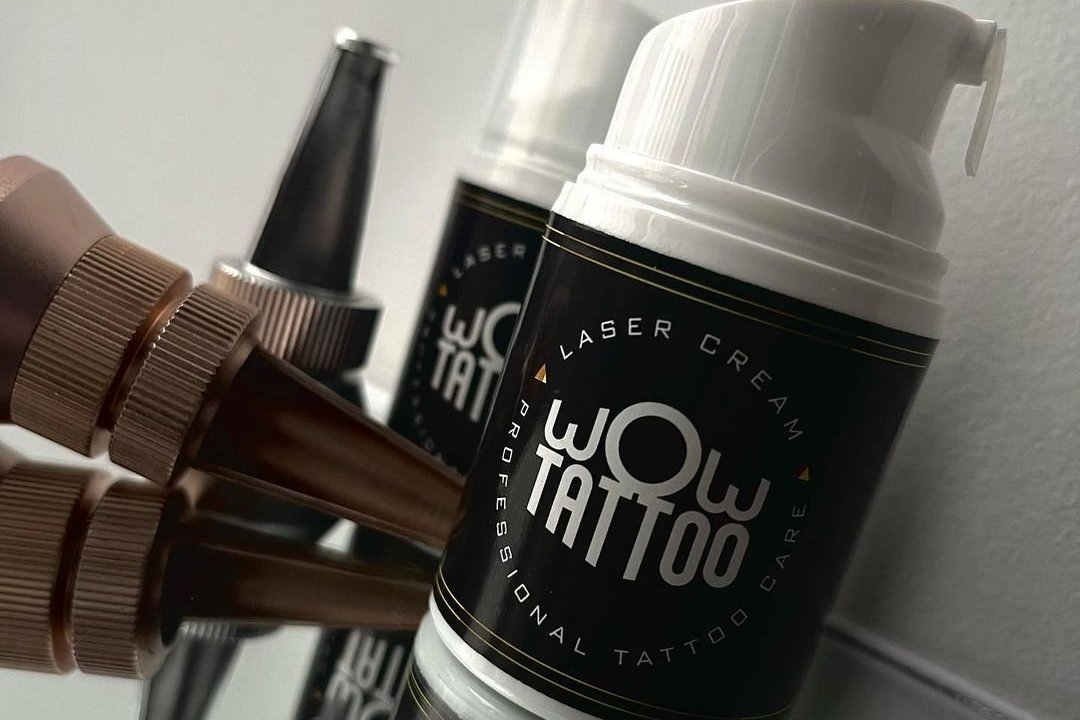
Avoid Sun Exposure
After removal, it is necessary to avoid direct sunlight on the treated area.
If you get a sunburn, you will need to postpone the next session until the skin color returns to normal. However, the negative consequences are not only from burns but also from tanning in general. In cases where it is impossible to avoid the sun, apply sunscreen with an SPF level of at least 30. You can also cover the area with a bandage, plaster, or clothing.
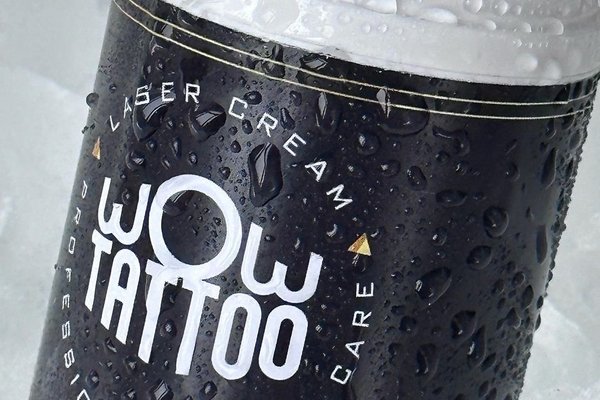
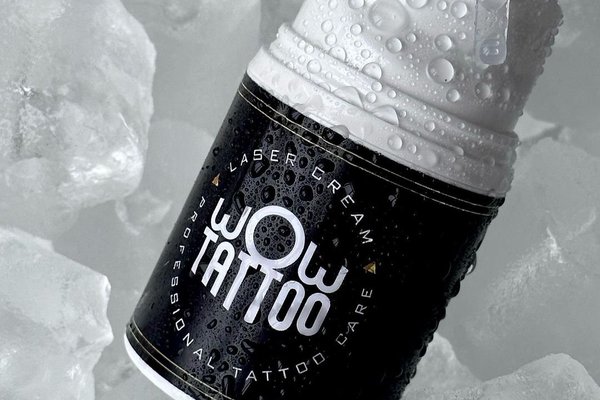
Other Helpful Tips
Several important things that can accelerate the healing process:
- Maintain a proper and healthy diet, as well as quality sleep.
- Drink plenty of water. Hydration is one of the most crucial factors for maintaining a strong immune system. Water helps to flush out toxins and regenerate blood cells, which are key to preventing infections.
- Reduce the amount of alcohol you consume or abstain entirely until the skin has fully recovered. Alcohol can slow this process due to its dehydrating effect.
- Engage in moderate exercise. It can enhance blood flow. However, it is important to listen to your body, not overload it, and take breaks.
- Consider quitting smoking temporarily. Each cigarette smoked saturates the body with harmful substances, which the immune system has to filter out. Additional strain on the immune system slows down skin cell regeneration.
The tattoo removal procedure allows for the elimination of unwanted body art or permanent makeup. Its effectiveness depends on the correctly chosen equipment, the quality of work performed, and regular care. Follow the technician's instructions for quick and safe healing, and to achieve the desired result.
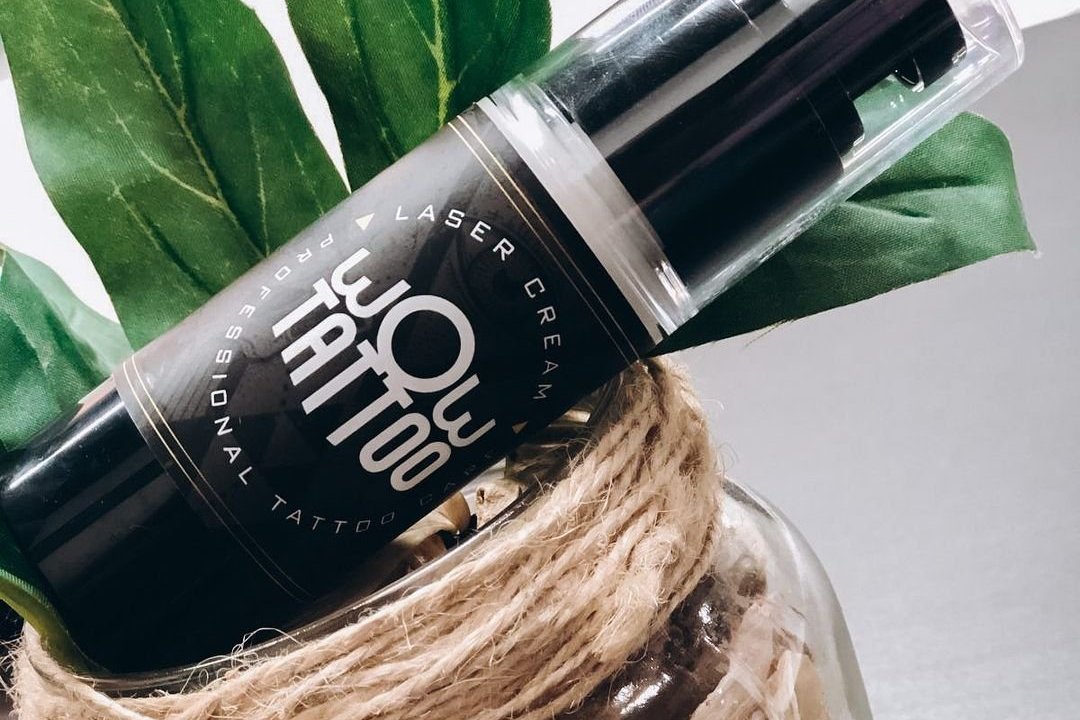


 Create a sketch in the VEAN TATTOO AI generator
Create a sketch in the VEAN TATTOO AI generator





